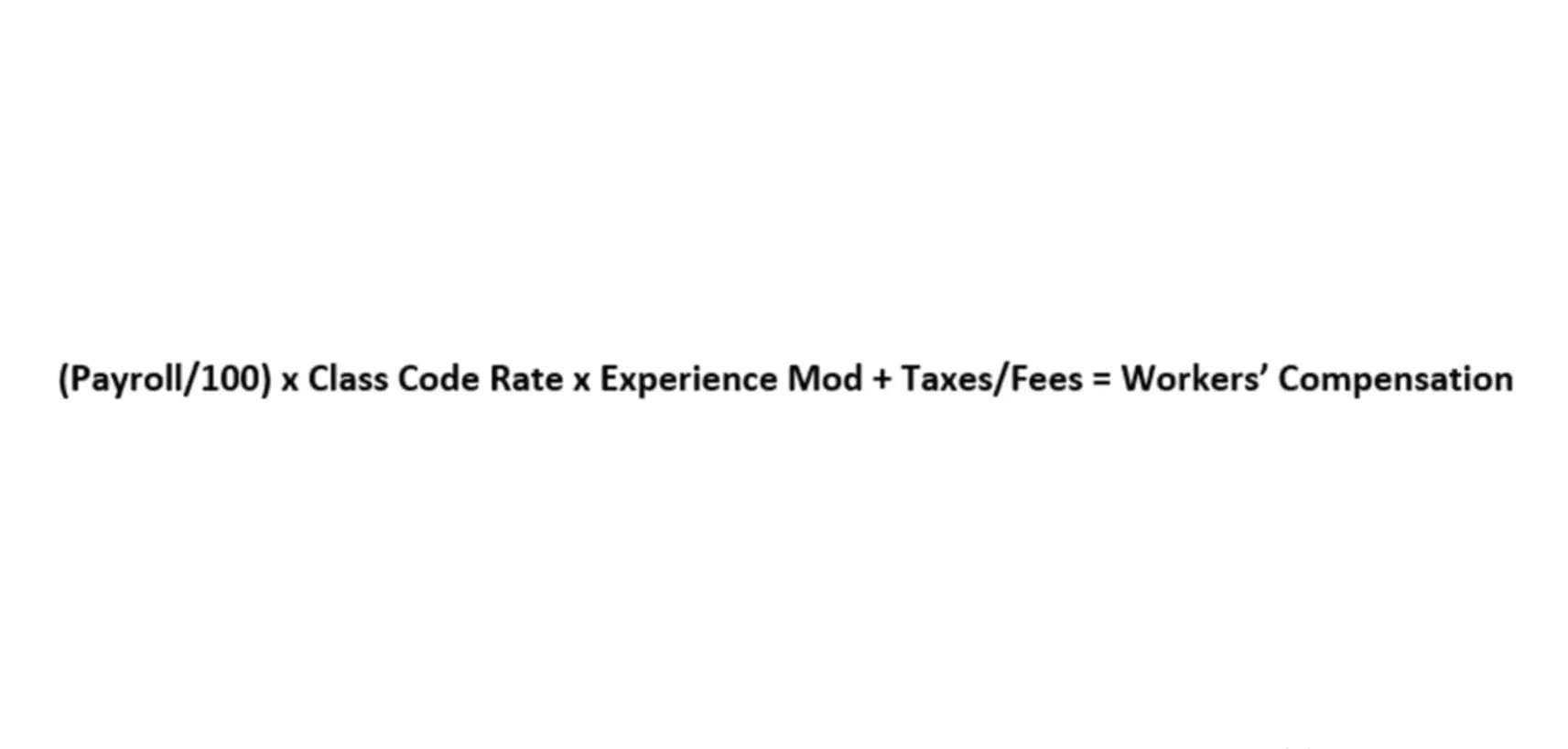Content

COA is a lot handy when you’re preparing your financial statements. They can help you prepare the perfect financial statements for your dental practice – ensuring you get proper insights to empower future growth. This will help you ensure that you are following the proper procedures for filing your taxes. Additionally, reviewing the tax guidelines will help you identify any potential deductions that you may be eligible for. Also, you’ll eventually notice that using an incorrect chart has crippled your practice’s potential when you attempt to streamline and grow your dental office.
If your practice has multiple locations, it might seem easier to consolidate their information when recording financial performances. However, you should review each individual site instead of lumping them together. By doing so, you can find information quickly and make everything easier in the long run for both your healthcare practice and your CPA. Especially as your practice grows, you’ll find it difficult to meet new obligations while handling your bookkeeping efficiently.
It allows you to work with a professional bookkeeper for an additional cost. You’ll still need a base knowledge of bookkeeping or accounting to get started, but most accounting software offers basic educational walkthroughs of what to do. Since all of the dental bookkeeping solutions we offer are automated, the risks of errors in calculations and inputs are greatly reduced. To keep the process clear, we have finance professionals on the team who generate monthly reports showing each collection and expense made into and out of your account.
Just as you consult professionals for dental advice, you must engage professionals to audit your practice’s finances regularly. Monitoring your practice’s finances with a dental CPA dental bookkeeping on a monthly basis can help detect problems immediately reducing the likelihood of future losses. Keeping the expenses as low as possible is vital to the success of any enterprise.
By following these tips, you will be able to streamline your dental bookkeeping practice and keep your finances in order. Another important tip for dental bookkeeping is to use good accounting software. There are many different accounting software programs available, so it is important to find one that will work well for your dental practice. A good accounting software program will help you track income and expenses, as well as manage your dental practice’s finances.
The main purpose of bookkeeping is to keep a complete and accurate record of all financial transactions in a systematic, orderly and logical manner. This ensures that the financial effects of such operations are reflected in the accounting records.
Whether you’re handling the books yourself or have hired a professional bookkeeper, it’s good to have the knowledge of tax guidelines. It’s essential that you follow bookkeeping best practices within your practice. One of the most effective ways of doing this is ensuring that you’re accounting for all expenses. This makes it easy to see what’s deductible when it comes time to file taxes, so you don’t needlessly overpay. Either way, finding dental bookkeeping services that take the task off your hands can be exactly what you need to focus more energy on your patients.
Bookkeeping is not a simple data entry position, and hiring someone without the right experience could turn out to be a costly move. Dental accounting requires a deep understanding of Generally Accepted Accounting Principles and IRS guidelines, as well as dental industry standards and practices. Mistakes could cost you in the form of unnecessary tax bills, theft due to a lack of internal controls, incorrect cash reconciliation or an inaccurate, faulty accounting system. An experienced dental CPA can not only save time and money, but can also help track dental tax deductions while providing effective operating systems. The above-listed ways of making your dental bookkeeping practice effective are great without a doubt. However, managing all your books and accounts alongside delivering quality patient care could be straining for a dental practitioner.
They have been designed to cater to all the bookkeeping and accounting needs at a dental clinic. With these tools and software at hand, you can easily automate all the processes – making it a lot easier to handle hundreds and thousands of books and accounts at a time. To effectively manage your dental practice’s finances, it is important to know your numbers. This means understanding your income and expenses, as well as your dental practice’s financial position. Knowing your numbers will help you make informed decisions about your dental practice’s finances. Additionally, knowing your numbers will help you identify areas where you can save money.
Reviewing your finances is an important part of ensuring your bookkeeping process is working well. Not reviewing your financial situation regularly can leave you with unanswered questions about your business. You can arrange your chart of accounts to track the areas that pertain to your business model. For example, the payroll for your receptionist would be considered an overhead expense. In contrast, the dentists’ and hygienists’ payroll would be considered to be part of the Cost of Sales.

With all the latest technology at hand and experienced professionals on board, we take pride in assisting our clients to manage their books the finest way. They’re industry specialists and know exactly to manage dental books and accounts in a manner your practice experience exponential growth. While this might feel like a perk or an unnecessary expense, hiring a CPA with dental experience is an invaluable asset to your practice and strongly advised.